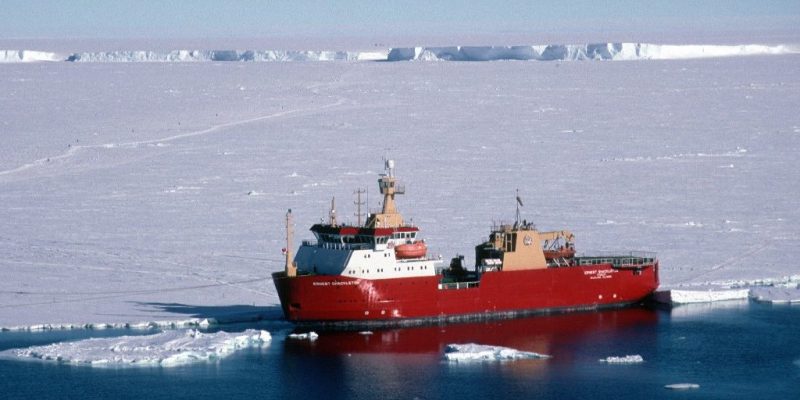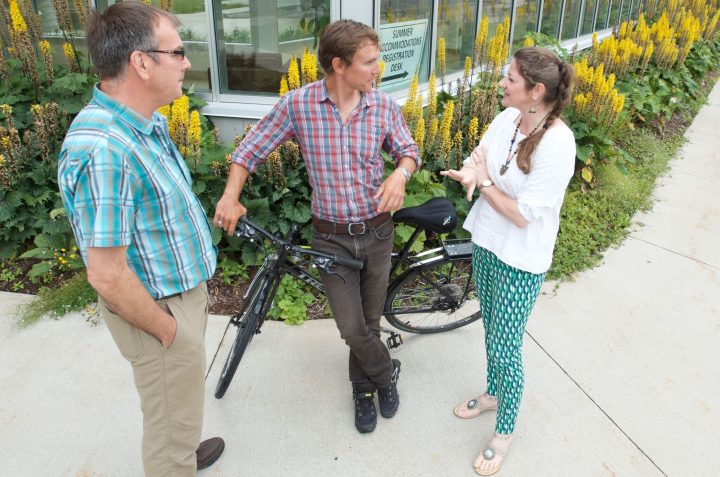Marit Aure, Anniken Førde and Tone Magnussen recently published: Will migrant workers rescue rural regions? Challenges of creating stability through mobility in the Journal of Rural Studies
Abstract
Many rural communities experience new growth through in-migration. In Herøy, Northern Norway, this is a result of increased labour migration in the fishing industry and a comprehensive effort by the municipality to encourage migrant workers to settle there. This paper addresses the ambiguities of creating stability through mobility. Through a case study from Herøy, we explore the complex relations between migrants’ mobile economic practices and social integration processes by analysing how migrants engage with Herøy’s landscape in multiple manners. This landscape entails networks of people and relations, materialities, dreams and hopes. Studying engagement, in addition to contestations and intersecting trajectories, we analyse how the landscape of those on the move is interrelated with that of those “being moved through”. We argue that creating stability in rural communities by encouraging migrant settlement requires going beyond economic integration – emphasising the more versatile and vulnerable processes of relating to unfamiliar places and worlds. It also requires an understanding of stability that embraces uncertainty and opens up towards various forms of belonging.
Free access for 50 days!
https://www.sciencedirect.com/science/article/pii/S0743016717311622 or use this link
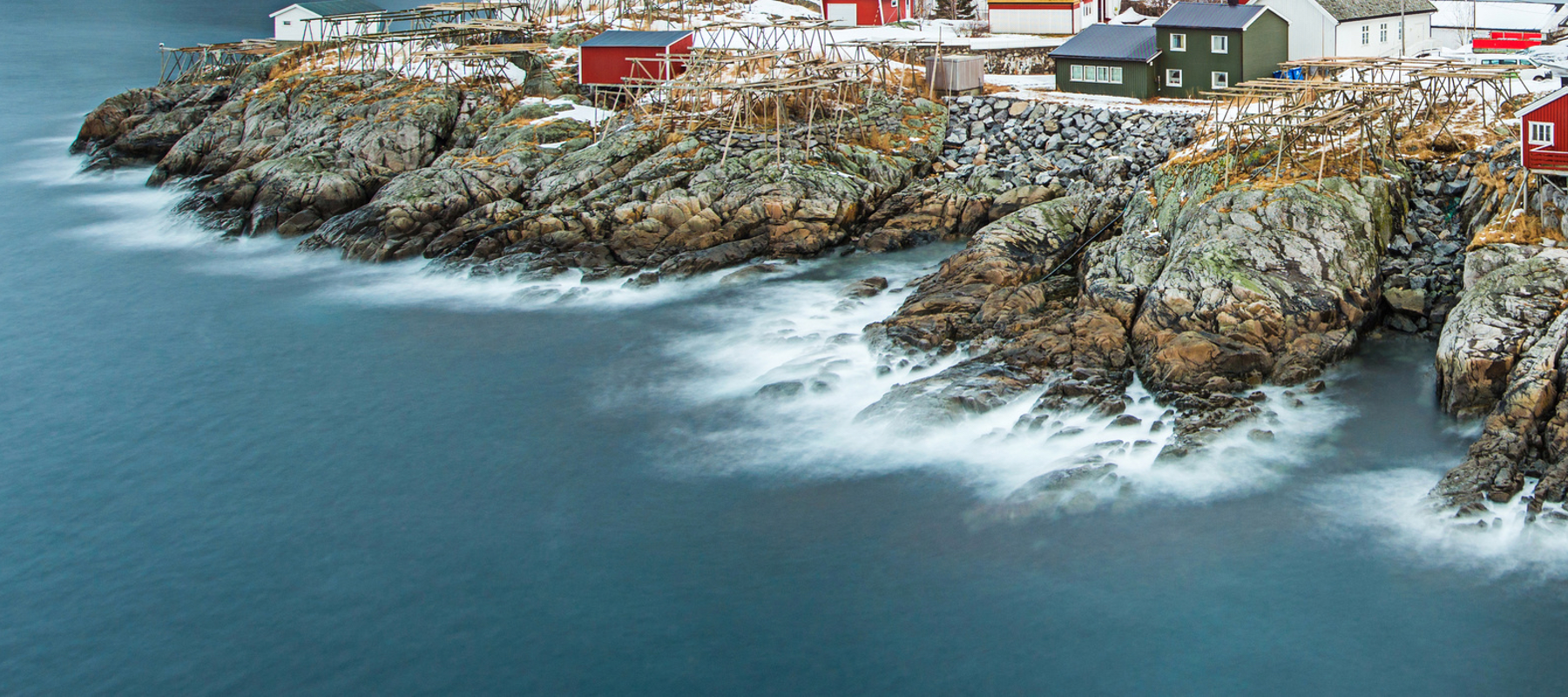

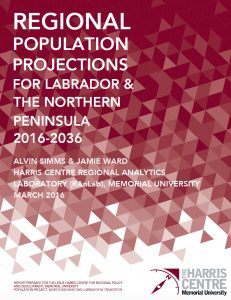 Newfoundland and Labrador has the most rapidly aging population in Canada – combined with youth out-migration, declining birth rates, and an increasing number of people moving from rural parts of the Newfoundland and Labrador to more urban centres, the province is facing an unprecedented population challenge. Without intervention, this trend will have a drastic impact on the economy, governance, and overall quality of life for the people living in the province. Planning for this change and developing strategies to adjust and adapt to the change is paramount.
Newfoundland and Labrador has the most rapidly aging population in Canada – combined with youth out-migration, declining birth rates, and an increasing number of people moving from rural parts of the Newfoundland and Labrador to more urban centres, the province is facing an unprecedented population challenge. Without intervention, this trend will have a drastic impact on the economy, governance, and overall quality of life for the people living in the province. Planning for this change and developing strategies to adjust and adapt to the change is paramount.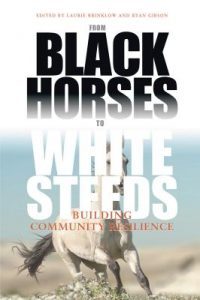 From Black Horses to White Steeds: Building Community Resilience celebrates and critiques the dynamics of innovation, governance, and culture in place. Case studies from both sides of the North Atlantic illustrate episodes of “turning around”; evolution, transformation, and visionary strategy that breathe new life into the term “think global, act local.”
From Black Horses to White Steeds: Building Community Resilience celebrates and critiques the dynamics of innovation, governance, and culture in place. Case studies from both sides of the North Atlantic illustrate episodes of “turning around”; evolution, transformation, and visionary strategy that breathe new life into the term “think global, act local.”